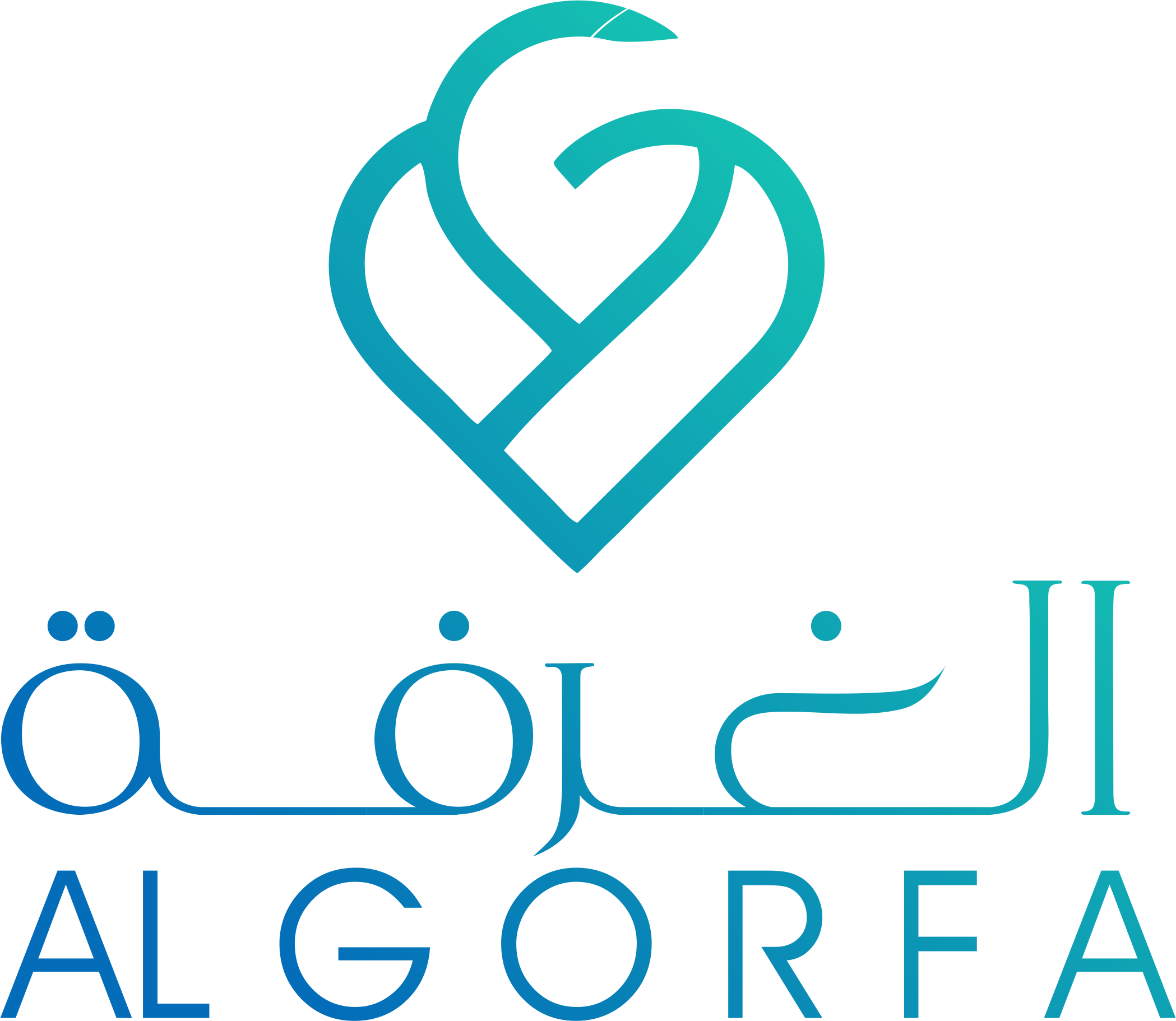Identifying and Overcoming Problem Gambling Habits
Identifying and Overcoming Problem Gambling Habits
Problem gambling, also known as compulsive or pathological gambling, is a serious issue that affects millions of people worldwide. It’s characterized by an inability to control one’s gambling habits, leading to kingbillycasinoaus.net negative consequences in various aspects of life, such as relationships, work, and financial stability.
Recognizing the Signs of Problem Gambling
Identifying problem gambling habits can be challenging, especially for those who are closest to the individual struggling with it. However, there are some common signs that may indicate a person is developing problem gambling habits:
- Spending increasing amounts of time and money on gambling activities
- Feeling anxious or irritable when unable to gamble
- Neglecting responsibilities, such as work or family obligations, due to gambling
- Lying about the extent of one’s involvement in gambling
- Feeling guilty or ashamed about one’s behavior after gambling
If you’re concerned that someone close to you may be developing problem gambling habits, it’s essential to approach the situation with empathy and understanding. Problem gamblers often struggle with feelings of shame, guilt, and self-loathing, making it challenging for them to seek help.
Understanding the Root Causes of Problem Gambling
Problem gambling is a complex issue that can stem from various underlying factors, including:
- Mental health issues, such as depression, anxiety, or trauma
- Substance abuse problems
- Family history of problem gambling
- Financial stress and debt
- Boredom and lack of stimulation
Understanding the root causes of problem gambling can help individuals address the issue more effectively. For instance, if problem gambling is linked to underlying mental health issues, seeking professional help for those conditions may be essential before addressing the gambling behavior.
The Cycle of Problem Gambling
Problem gamblers often find themselves trapped in a cycle of addiction, characterized by:
- Escalation: Increasing amounts of time and money spent on gambling
- Normalization: Minimizing or justifying one’s behavior as "normal" or "social"
- Denial: Refusing to acknowledge the extent of one’s involvement in gambling
Breaking this cycle requires a comprehensive approach that addresses the physical, emotional, and psychological aspects of problem gambling. This may involve seeking professional help from therapists, counselors, or support groups.
Strategies for Overcoming Problem Gambling
Fortunately, there are effective strategies for overcoming problem gambling habits:
- Seeking professional help: Counseling, therapy, or support groups can provide a safe environment to address underlying issues and develop coping mechanisms
- Building self-control: Setting boundaries, establishing routines, and practicing self-care can help individuals regain control over their lives
- Addressing underlying issues: Treating mental health conditions, managing debt, or finding new hobbies can help alleviate the root causes of problem gambling
Staying Sober and Avoiding Relapse
Recovery from problem gambling requires a long-term commitment to change. Staying sober involves:
- Establishing a support network: Surrounding oneself with people who understand and support the recovery process
- Practicing self-care: Engaging in activities that promote physical, emotional, and mental well-being
- Avoiding triggers: Identifying situations or stimuli that may lead to relapse and developing strategies to cope with them
Relapse prevention requires a proactive approach, including:
- Monitoring one’s behavior: Tracking progress, identifying warning signs of potential relapse, and seeking help early on
- Managing stress: Developing healthy coping mechanisms for dealing with emotional and financial pressures
- Building resilience: Fostering relationships, pursuing hobbies, and engaging in activities that promote personal growth
Finding Help and Support
Overcoming problem gambling requires a comprehensive approach that addresses the physical, emotional, and psychological aspects of addiction. There are various resources available to support individuals struggling with problem gambling:
- National helplines: Organizations such as the National Problem Gambling Helpline (1-800-GAMBLER) provide confidential support and guidance
- Online support groups: Forums and online communities connect individuals struggling with problem gambling, offering a sense of community and understanding
- Local resources: Counseling services, therapy groups, or support meetings may be available in your area
Recovering from problem gambling is a challenging but achievable goal. By acknowledging the signs of problem gambling, understanding its underlying causes, and seeking help and support, individuals can break the cycle of addiction and build a healthier, more balanced life.
Conclusion
Problem gambling is a serious issue that requires a comprehensive approach to address. Identifying problem gambling habits, understanding their root causes, and developing effective strategies for overcoming them are essential steps in achieving long-term recovery. By seeking help and support from professionals, building self-control, and practicing self-care, individuals can break the cycle of addiction and rebuild their lives.
